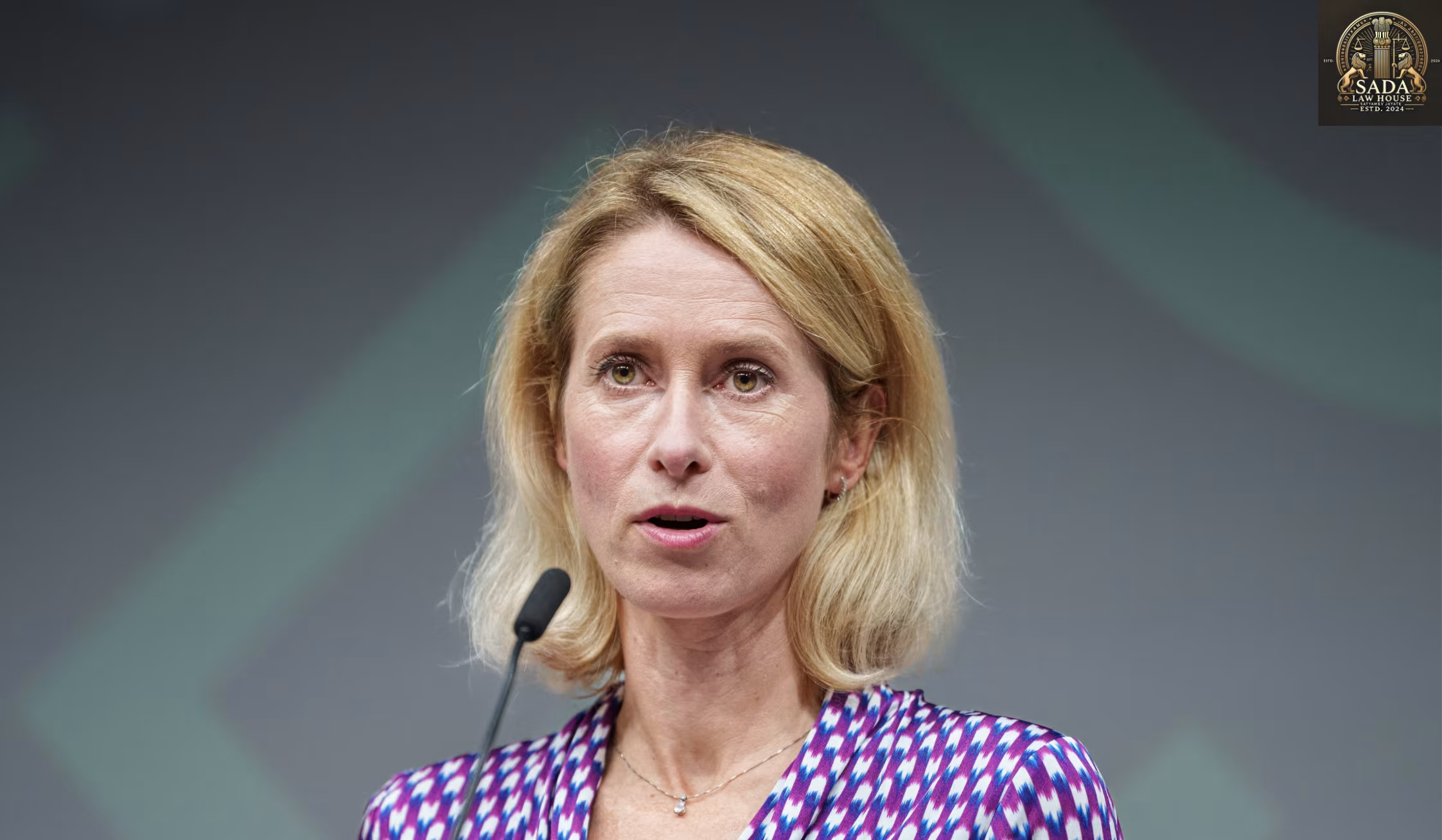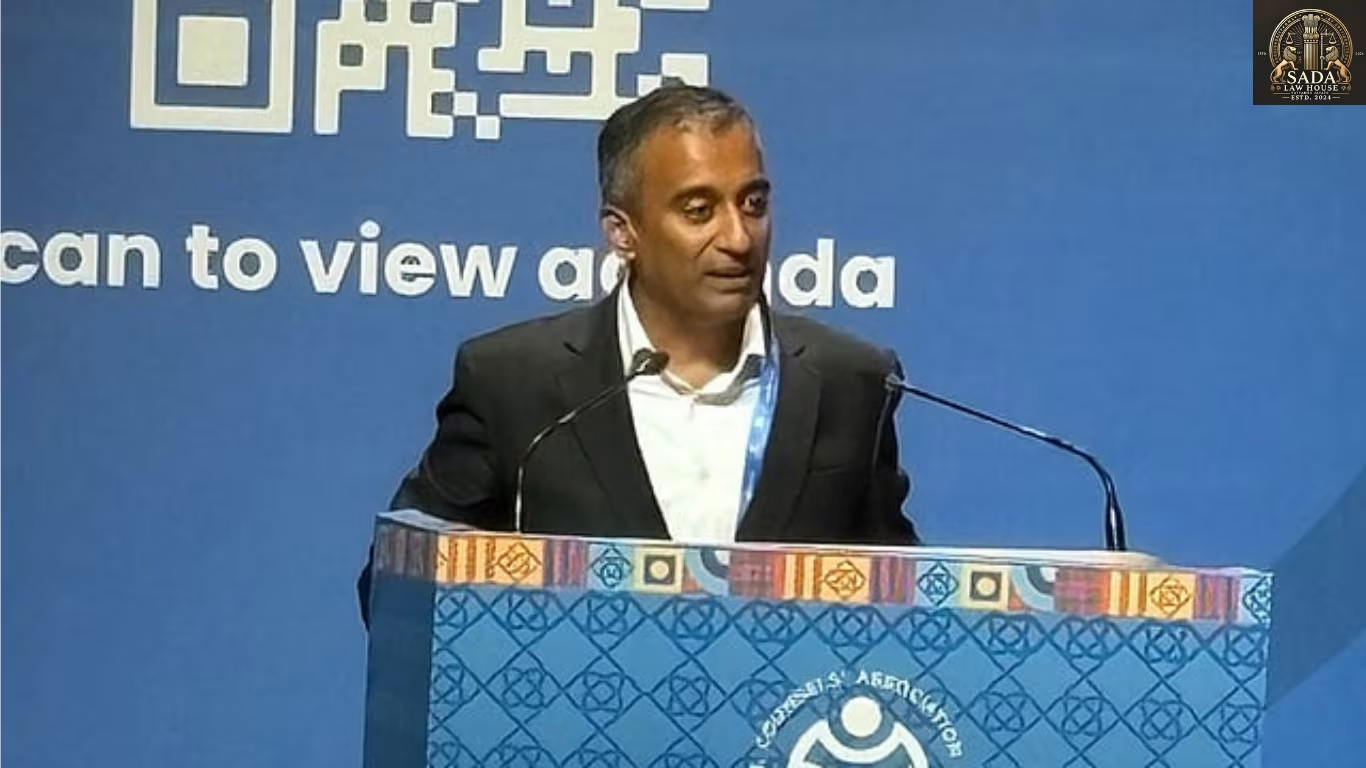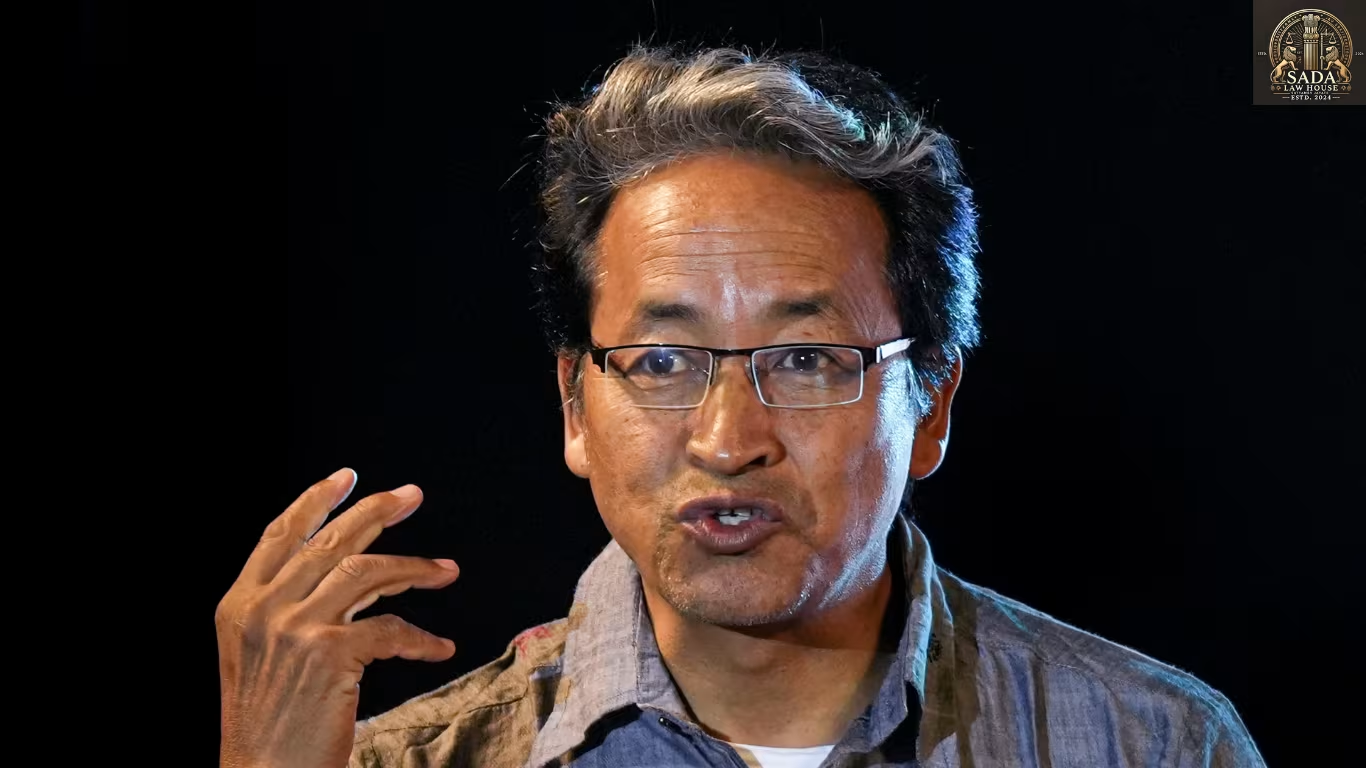EU Refuses to Return Frozen Russian Assets Without War Reparations
- Shristi Singh
- 30 AUG 2025

EU Vice-President Kaja Kallas declares frozen Russian assets will not be released unless Moscow pays war reparations to Ukraine, highlighting Europe’s push for justice-backed peace.
Introduction
At a defense ministers meeting in Copenhagen on 30 August 2025, European Commission Vice-President Kaja Kallas issued a strong warning to Moscow: billions of euros in frozen Russian assets will remain locked unless Russia pays reparations for the war in Ukraine.
Her statement reinforces the European Union’s evolving approach—economic relief will follow accountability, not compromise.
Background: The Frozen Assets Debate
Since the start of the Russia–Ukraine war in 2022, the European Union has frozen around €210 billion in Russian assets. These holdings include central bank reserves and private sector investments spread across member states.
The core debate has centered on whether these funds should:
Be returned to Russia in the event of a ceasefire, or
Be redirected to support Ukraine’s post-war reconstruction.
Kallas’s Firm Position
Vice-President Kallas made her stance clear:
“Without tangible compensation for Ukraine, we can’t possibly imagine allowing those assets back to Russia.”
While major EU capitals like France and Germany remain cautious—citing legal and procedural concerns—countries such as Finland, Estonia, and the Baltic states advocate outright asset confiscation.
Her remarks underscore a broader EU consensus shift: reparations must be a condition for peace, not an optional gesture.
Analysis
1. Economic Justice vs. Legal Constraints
The EU faces challenges in turning frozen funds into reparations. While some profits from assets are already earmarked for Ukraine, full confiscation lacks precedent under current EU law.
2. Diplomatic Leverage
By tying asset release to reparations, the EU gains a powerful bargaining chip in any future peace talks with Moscow.
3. Solidarity and Global Messaging
Kallas’s declaration signals unity within Europe and reassures the Global South that European support for Ukraine rests on accountability, not appeasement.
Reactions
Ukraine: Welcomed the stance but pushed for clearer mechanisms to access funds or redirect profits for reconstruction.
Russia: Dismissed the comments as “economic coercion,” accusing the EU of undermining diplomacy.
France & Germany: Expressed cautious support but stressed the need for legal safeguards before any permanent asset redirection.
Conclusion
Kaja Kallas’s statement marks a turning point in Europe’s handling of frozen Russian assets. The EU no longer views these funds as a bargaining tool but as a lever of justice. The challenge ahead lies in translating tough rhetoric into legally sound policy—while maintaining EU unity in the face of mounting geopolitical pressure.






